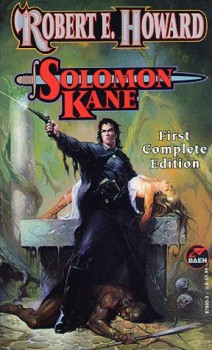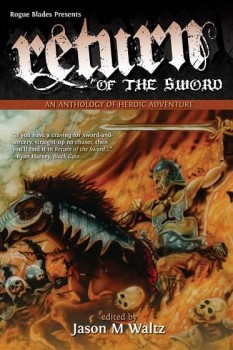 My short story “Deep in the Land of Ice and Snow” originally appeared in the collection The Return of the Sword: An Anthology of Heroic Adventure by Rogue Blades Entertainment. Enjoy.
My short story “Deep in the Land of Ice and Snow” originally appeared in the collection The Return of the Sword: An Anthology of Heroic Adventure by Rogue Blades Entertainment. Enjoy.
The wolves were too many. Belgad knew that as he soon as he spotted the beasts. There were nearly a score of them, and if that were not bad enough, the creatures were huge, each nearly the size of a riding pony. What was worse, the wolves were quiet and had managed to surround him without his spying them sooner.
No, this was no ordinary pack. They had appeared from nowhere, and they had no qualms about scaling the side of a mountain for their human prey.
Belgad forced himself to climb higher, the bitter cold winds whipping at his long yellow hair. His fingers, the tips protruding from rags he had used to swaddle them, gripped the edge of another boulder and lifted him with the help of solid placement from his fur-lined boots.
On top of the boulder, Belgad found a flat spot and sat there, letting the cold air fill his tired lungs. His body needed rest after days of hiking dense forests and climbing steep hills, but he would not close his eyes; the wolves were drawing nearer, below and above. It would only be a matter of time before they would pounce.
After what felt like hours to the big man wrapped in furs, one of the wolves, the largest, began to creep its way along a narrow path toward him.
Belgad watched the animal with anticipation, knowing soon he would be in battle.
Eventually the wolf was below Belgad, just out of reach of the man’s legs hanging off the side of his stone seat.
“Will you eat me today, wolf?” the large man said to the animal.
The wolf’s only reply was uplifted ears and a tilted head.
“I think not,” Belgad said, drawing in his legs and pushing off them so he was standing on the boulder.
The wolf blinked, and that was when Belgad took notice of its eyes. The animal had eyes the shade of morning blue ice.
…
Read More Read More

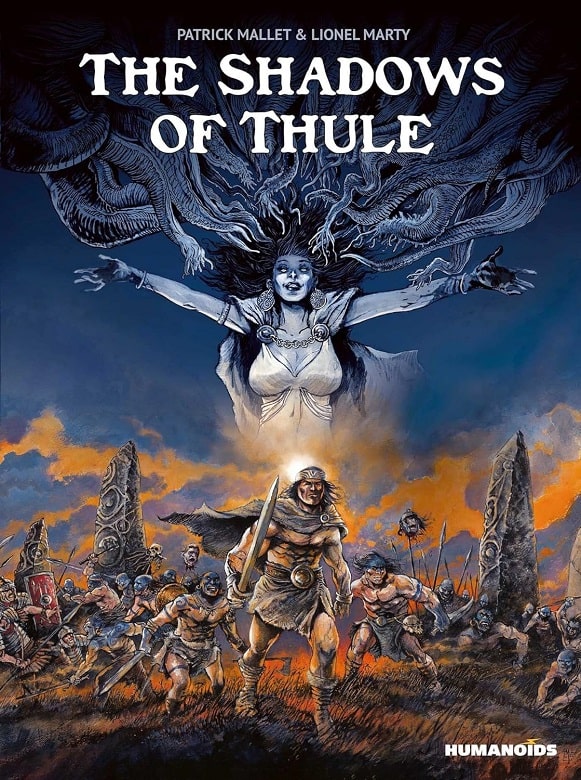
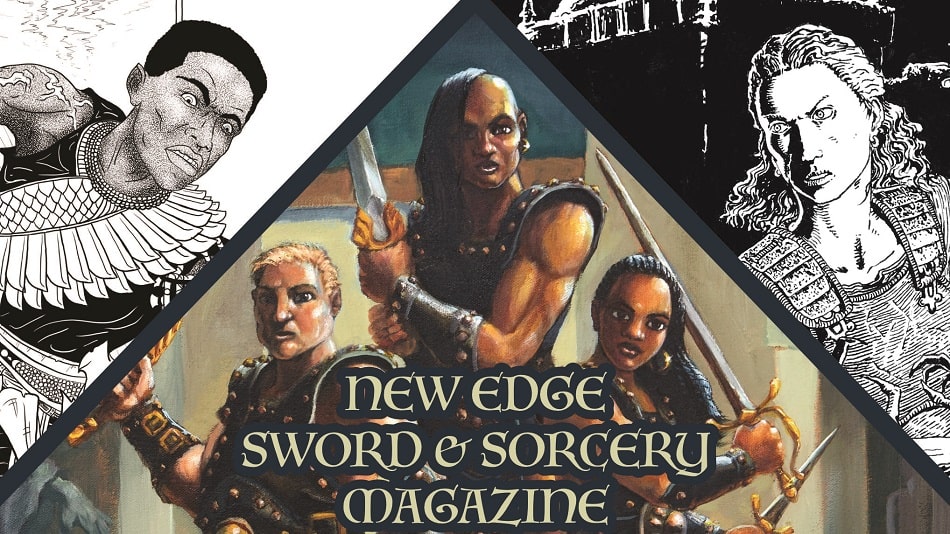

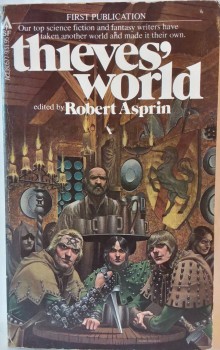
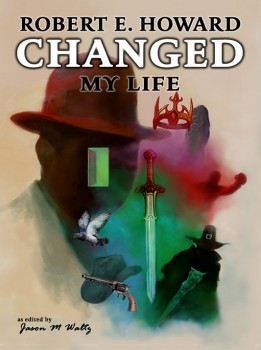
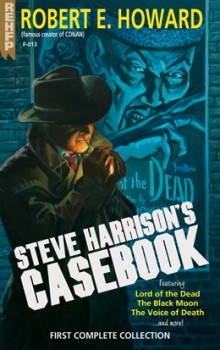
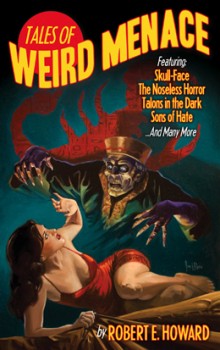
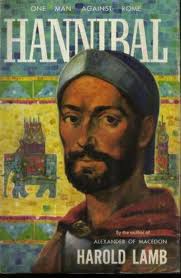 In
In 